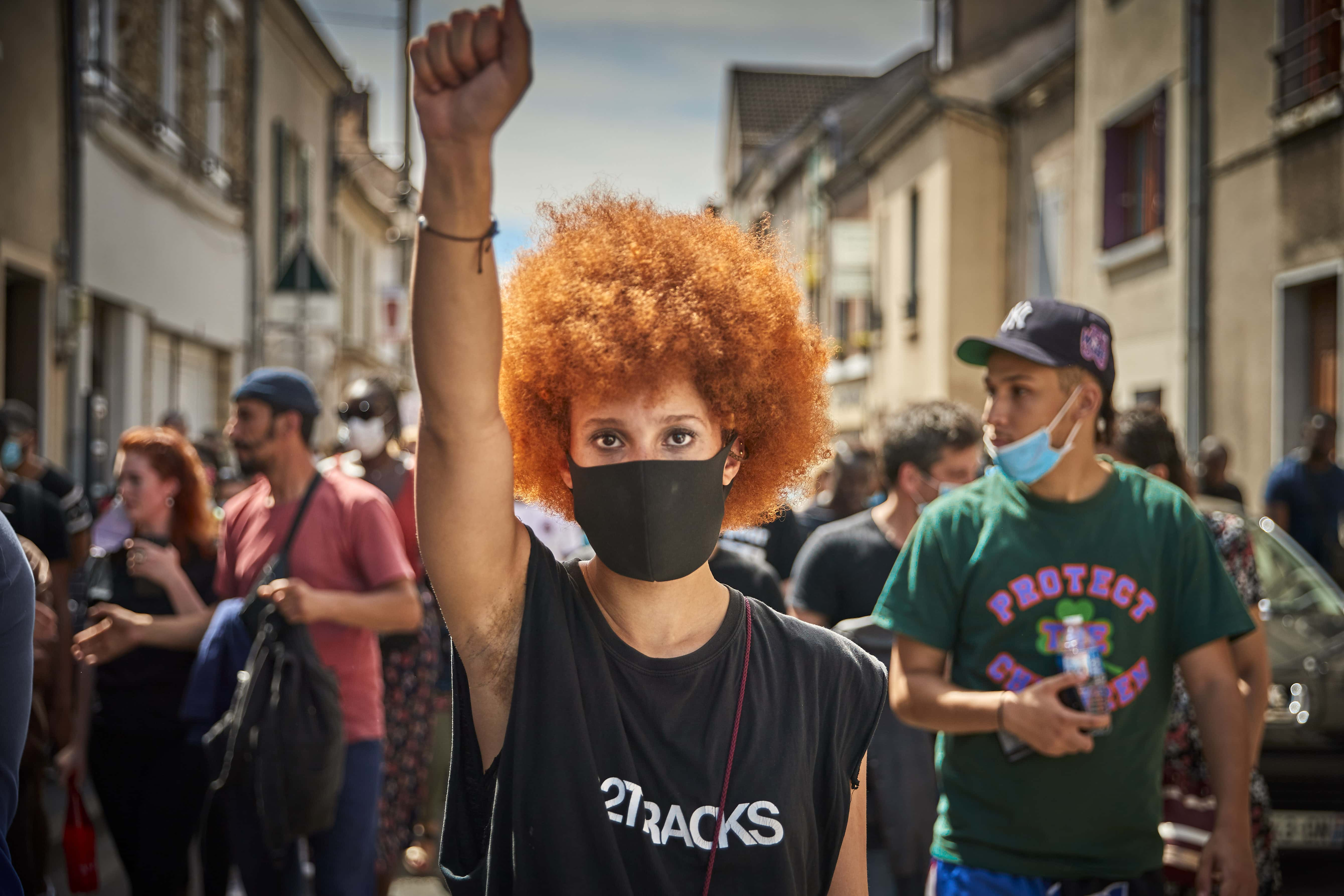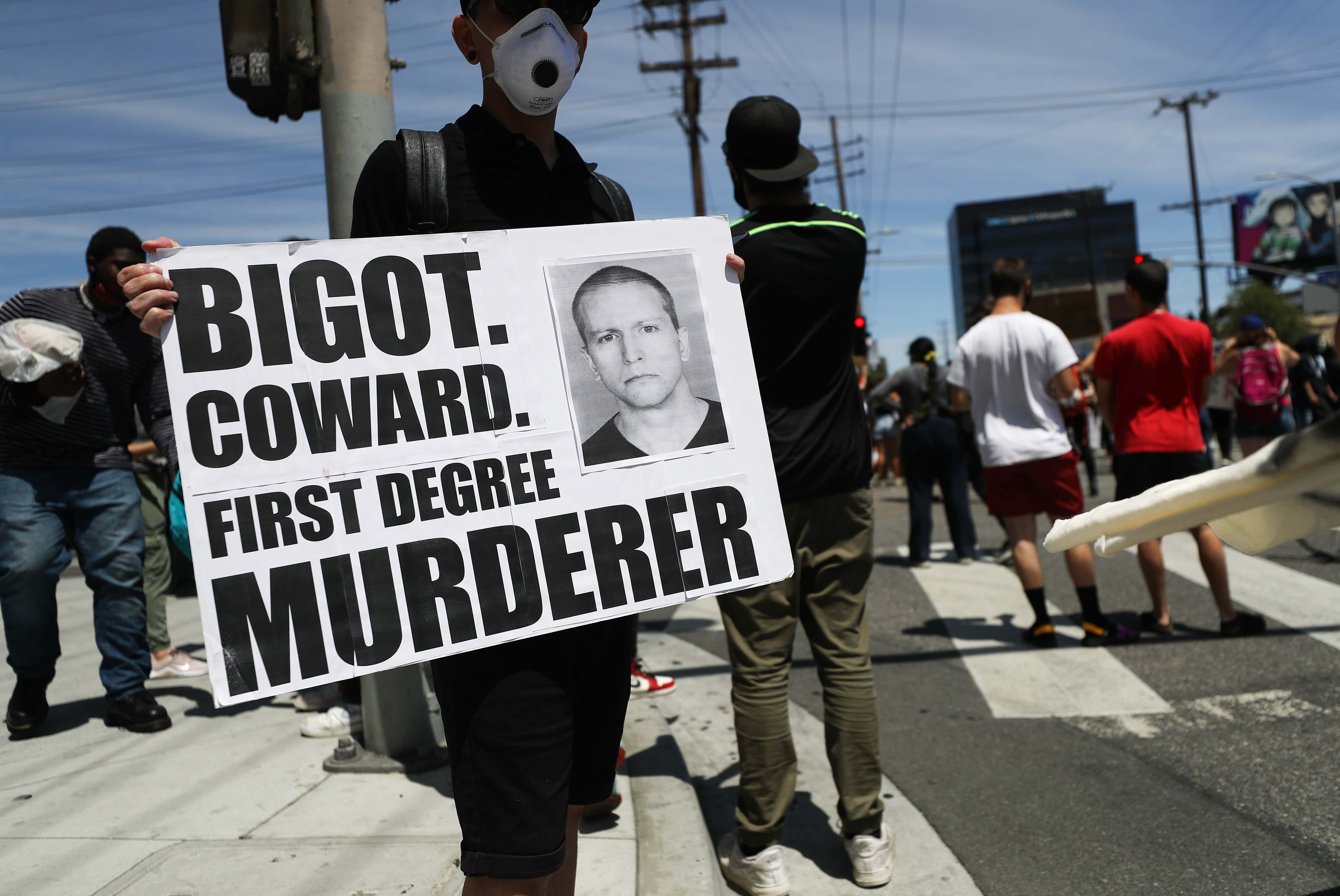Critical race theory: 10 books to read to better your understanding

Critical race theory (CRT) is in the middle of one of America's biggest culture wars. Detractors say it is "un-American" and imposes an understanding of racial power that is unfair on children. Proponents argue that it helps truly establish racial equality. But which one is right?
That's not easy to understand, especially given our fragmented debate over the topic. It's not just White Americans though, even Black Americans are calling for CRT to be removed from school curricula. The challenge is, these decisions are based on personal politics, rather than on the merit of CRT itself. No matter what your political affiliation, it's always a good idea to educate yourself on the issue before forming an opinion.
RELATED ARTICLES
Critical race theory: Professor Derrick Bell and the fight for 'true' history
Critical race theory: Who is Kimberle Crenshaw? How a workshop started a movement
MEAWW had a look at a long list of books and articles that talk about CRT. We've noted down the top 10 that you must read, to better understand the theory. If you want to form an informed opinion, here are the works you must read.

'Critical Race Theory: An Introduction'
This is the formative work on CRT and perhaps the closest you can get to understanding the ideology at its core. Written by Richard Delgado, this book is the ideal introduction. It is routinely updated to feature the latest events. Simple and short, it talks about the original goals of CRT and the 'tenets' that helped shape it today. The book also offers a brief history of the movement, including the relationship to other movements, like Critical legal theory, which helped form the basis for CRT.
'Race, Racism and American Law'
Written by the 'Father of Critical Race Theory', this book covers the original goal of CRT to show that American law was inherently racist. Derrick Bell, a noted Harvard professor and lawyer founded CRT to critique how American law favored White Americans, even though many widely believed it was 'colorblind' following desegregation laws. Bell covers some of the foundational principles and debates of CRT, in a practical and simple manner.
'How to Be an Antiracist'
Ibrahim Kendi's New York Times bestseller will help provide a new way of thinking by reorienting how readers think about racism. Kendi talks about how racism interacts with gender identities, body types, culture, and even geography. Step-by-step, Kendi guides readers through the various forms of racism, and its consequences. The book can be understood as an evolution of CRT, to include a more practical understanding of racism.
'Crossroads, Directions, and a New Critical Race Theory'
Published by Temple University Press, this book is a collection of essays by noted CRT scholars. it is worth reading if you want to understand a diverse set of perspectives in a single book. Through analysis, personal experience, historical narrative and other methods, the essays walk you through the imperfect legal system that helped shape racism as we know it today. It goes beyond the academic understanding of CRT to show the implications of racism in our world and how it impacts Black Americans in ways you might not have imagined.

'Critical Race Theory: The Key Writings that Formed the Movement'
Considered a foundational work on CRT, this book has been written by pioneers Kimberlé Crenshaw, Neil Gotanda, Gary Peller and Kendall Thomas. This happens to be the first book to gather all the key early essays on CRT, so you get a good understanding of what it was originally about. It is more academic in nature, focusing on the theoretical applications of CRT, so it might not be for everyone. Nonetheless, it is worth reading if you want to go back to the roots of CRT, before modern politics.
'White Fragility'
Another pioneer of CRT, Robin DiAngelo's book is a more on-the-nose understanding of why CRT is needed. DiAngelo addresses the elephant in the room, of why White people often find it hard to respond when their assumptions about race are challenged. It's a controversial take, but perhaps necessary since DiAngelo substantiates the existence of inequality currently. He also delves into possible solutions, to engage more constructively, so you have a lot to take away.
'Critical Race Theory: A Primer'
Another back-to-the-basics book, this one by Khiara M. Bridges covers both the strengths and weaknesses of CRT. Unlike others on our list, this book is definitely worth reading for critically analyzing CRT, not just promoting it. It also covers a history of CRT, the core concepts, the relationship between race and class, gender, religion, and sexuality, and finally the role of CRT in contemporary issues like affirmative action, education, health, welfare, and the criminal justice system. Consider it to be an 'ultimate guide' of sorts.
'Foundations of Critical Race Theory in Education'
This book, published by Routledge, is another collection of essays but focused on CRT in education. This book is highly recommended for parents since it analyses the causes and consequences of racism and inequality in schooling. There are also questions and discussion points if you really want to think about what you've just read. It was the first and remains to date one of the most powerful books to speak directly about CRT, race, and education.
'Racism without Racists'
While it doesn't address CRT directly, Eduardo Bonilla-Silva's book is nonetheless worth reading to understand why CRT emerged. First published in the post-Civil Rights era, it talks about the many subtle ways racism persists in society and has since been updated to feature more contemporary examples. It documents how racial discourse is used to justify inequality, with phrases and stories as examples. It challenges the notion of 'color blindness' that many have accepted but is far from true.
'Critical Race Theory: Cases, Materials, and Problems'
Dorothy Brown's book might not appeal to everyone, but is a great read for lawyers and law students. It is essentially a casebook that examines major cases through the lens of CRT. The latest version includes an updated chapter on bias in the judiciary, valuable if you want to understand why the Derek Chauvin verdict mattered. The book's purpose is to showcase where race may not seem obvious at first, but where it plays a vital role in the outcome.










